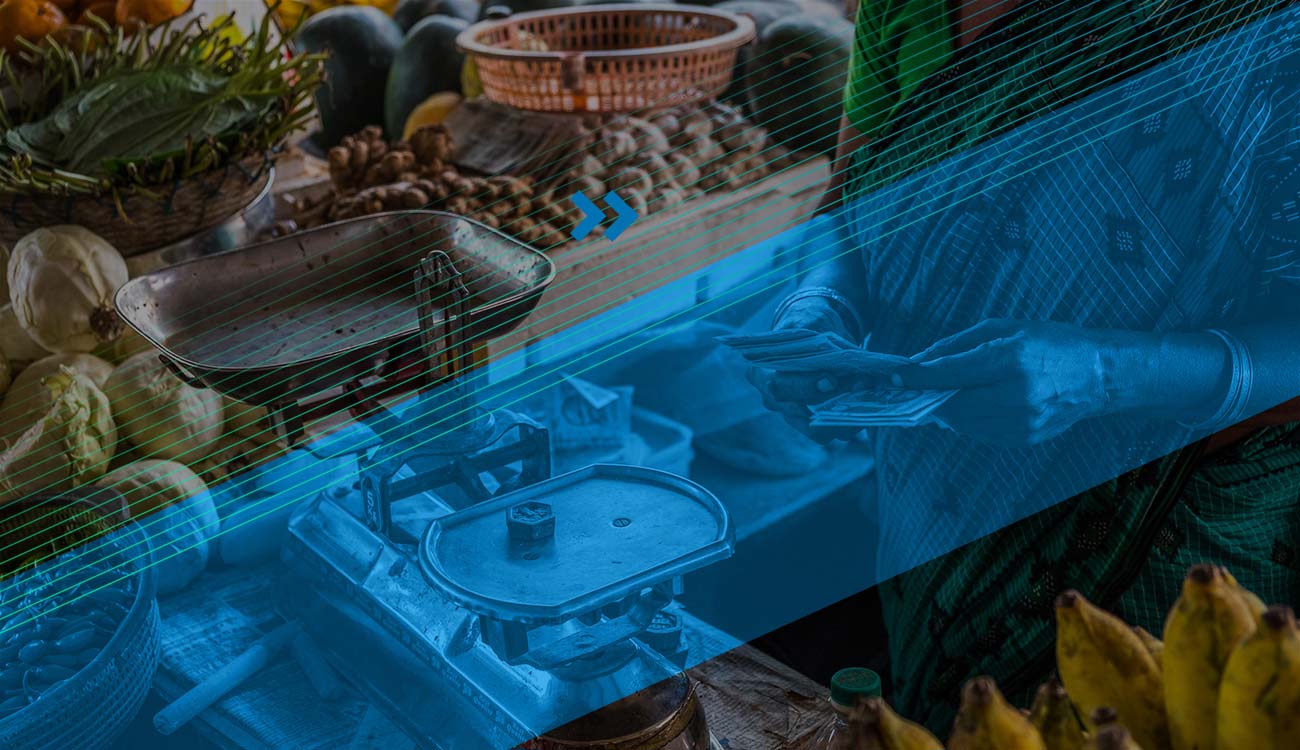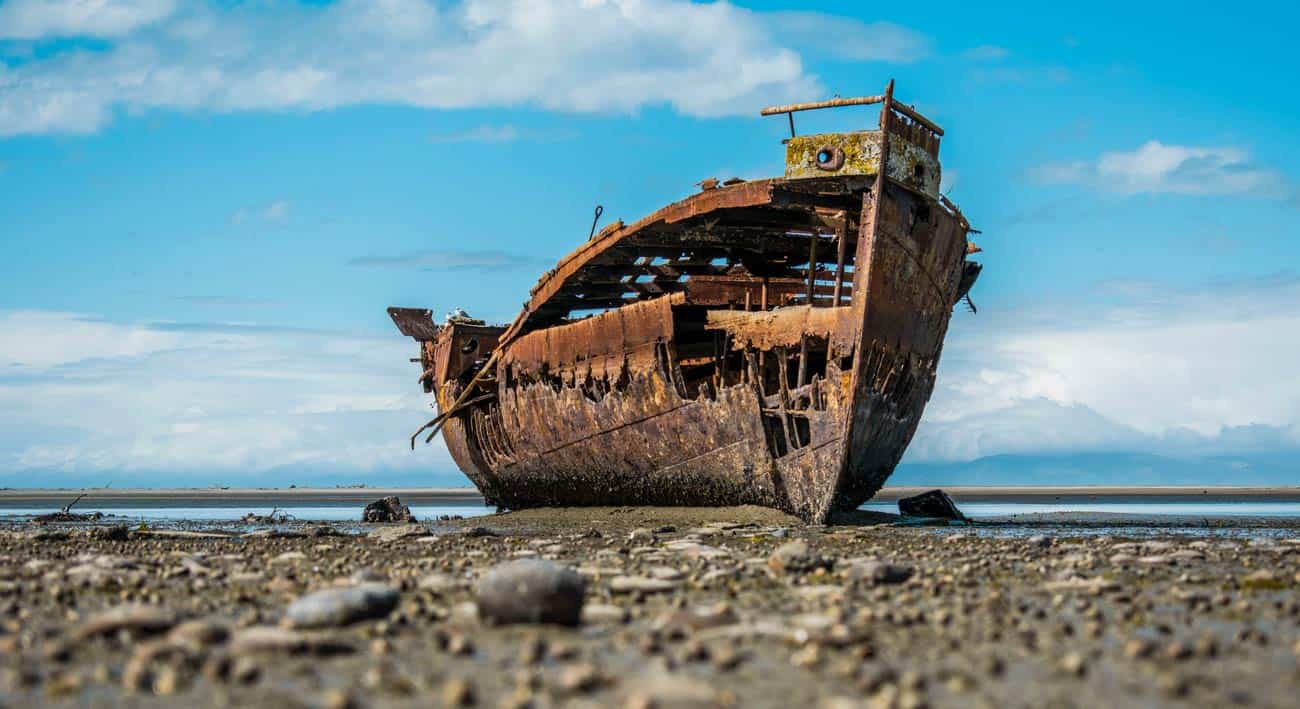This week we had our Morning Coffee with Isabelle Foster, Fulbright Research Scholar from Stanford University
Contxto – It’s a report you may have heard of—the one that lurks in the back of everyone’s minds, from policymakers, to investors, to developmental institutions. It’s the World Bank’s Doing Business Report. Yep, that’s the one. Doing Business.
It’s the annual report that has an outsized impact in influencing international investment, investor appetite, and foreign business. While it can be hard to believe that one report can have such an impact, it’s true.
This yearly, 150-page document is a go-to for many investors looking to channel their money into the global ecosystem. It analyzes a wide range of factors that play a critical role in supporting the business and entrepreneurial ecosystem in a country.
Examples range from insolvency resolutions, access to credit, contract enforcement, and obtaining permits, all of which lend a hand in helping (or hampering) business efficiency and economic development in a region.
How exactly does Latin America stack up in this analysis?
Great question.
While the report doesn’t measure everything—it’s not an investment guide, per se —, it does a comprehensive job assessing a broad array of policies and country characteristics.
The document can act as an important benchmarking tool for policymakers, helping countries self-assess, find areas for improvement, and also learn what has been successful elsewhere. At the same time, it can also help investors and entrepreneurs identify where might be the best place to start a new company.
The 2019-2020 report calls out the region, showing specific areas where there has been a lack of progress and where the region should focus next.
For the past two years, no Latin American country has been included on the list of ‘top ten improvers’ from the previous year, and no countries from Latin America nor the Caribbean score among the top 50 economies in the overall Ease of Doing Business ranking.
Latin America, the Caribbean, and Sub-Sahara Africa remain the three regions with the most complicated and most time-consuming compliance procedures.
That being said, there has also been progress in some key areas. One of these areas includes simplifying the process for starting a business. The regional winner is Mexico—receiving the highest score for Latin America in this category—although it is still nearly 12 percentage points behind the average score for the top ten economies.
So, I heard you want to open a company…
It seems like the starting a business category will be important, but what does that actually does that mean?
Remember hearing entrepreneurs and business owners complain year after year about government bureaucracy, paperwork, and excessive difficulty in starting an enterprise?
How it would take months of back and forth with local regulators and a series of unnecessary steps to register that startup or small and medium-sized enterprise (SMEs)?
Yup, that is exactly what this category tries to assess.
In the most recent edition of the Doing Business report, several countries in Latin America and the Caribbean made progress in this area. These go-getters include:
Brazil
Decreased the cost of buying a digital certificate and reduced the time it takes to register a company.
Chile
Began allowing closed corporations to register online.
Colombia
Eliminated previous requirement that made it necessary to open a bank account in order to get an invoice authorization.
Dominican Republic
Lowered the minimum capital requirement for opening a company.
Honduras
Decreased notary fees for preparing documents necessary for legally incorporating.
And, while not yet published in this 2019-2020 edition, Paraguay will also be joining this group. In December 2019, the country finally passed Empresas de Acciones Simplificadas (EAS) (‘Simplified Company Actions’). This law, then enacted by the President in January 2020, institutes several needed changes to make business creation easier in the country and encourage SME’s to formalize.
What’s the common theme?
Generally speaking, legislation to make opening a business easier has two main components. Let’s use the case of Paraguay as an example:
- Online, Fast Registration: Paraguay’s EAS was created within the Ministry of Industry and Trade, who updated and revised their Single Window for Opening and Closing Businesses (SUACE, in Spanish). Minster H. E. Liz Cramer, the Minister of Industry and Trade, wrote that, ”entrepreneurs will be able to open companies at zero cost, with 100 percent digital procedures and in 72 hours.”
This example shows how governments are trying to work together across different ministries to create one-stop-shops so that business formation is fast and inexpensive.
- Formalization: In general, companies often remain informal because registration can be costly and/or they would like to avoid taxes. Online portals can significantly simplify the registration process, and in most cases, are importantly free of charge. In Paraguay, legislators smartly positioned this law alongside a new tax system, which is to go into effect in January 2020. Therefore, SME’s that earn less than $12,500 USD each year will be exempt from value-added tax, thereby encouraging small companies to formalize and not remain unregistered simply because they would like to avoid taxes.
That all sounds great, but what’s the impact?
There are two main ways in which these types of laws help improve the business ecosystem. Again, Paraguay can again be used as an illustrative example:
1. Incentivize Business Creation
Long wait times and numerous steps often disincentivized companies from forming. This is especially an issue for Paraguay, which, in the 2020 Doing Business report ranked 125 out of 190 overall for ‘ease of doing business.”
Previously, it took an average of 35 days to start an enterprise and required seven different steps. The total cost of the process was estimated to be roughly 40 percent of the income per capita.
However, with EAS in place, the hope is that more people will be willing to start an enterprise. Particularly for Paraguay, which has a small national market, the country must make it incredibly easy to start a business if it wishes to attract foreign entrepreneurs and cultivate its own local innovation ecosystem.
Even though the country has lots of clean energy from its hydroelectric dam, fertile agricultural land, and is part of the MERCOSUR, it needs to continue making these legal reforms to help strengthen its ecosystem.
2. Formalize the Economy
Informality is a large problem in many developing markets and has been a consistent issue for Paraguay over the years. The country’s Vice-Minister for Micro, Small, and Medium-Sized Business Isaac Godoy reported that 7 out of every 10 companies in the country are not registered.
Such informality is a major contributor to ‘underground economies,’ which can be defined as both legal and illegal activities that avoid taxes and are unregulated by the government.
To show the impact of having such large informality, let’s analyze the case of Paraguay. The group PRO Desarrollo Paraguay—which is a local association that researches and promotes formalization in the economy—found that in 2019, the underground economy was approximately US$16.5 million, or 40.3 percent of national GDP.
And this percentage has continually grown over the years, starting from roughly 30.7 percent in 2003.
Therefore, making it easier to create a business and increase formalization means that this hidden activity can finally be measured and included in economic indicators such as GDP. Doing so can increase a country’s international visibility and attract additional foreign investment into the region.
EAS and similar laws that make it easier to create a company will be a necessary step for countries looking to reduce business informality. These regulations can help provide key incentives, helping MSME’s enter the financial system and receive lines of credit at more favorable rates.
Clearly, the Doing Business report covers a lot of ground and provides useful context for policymakers as well as foreign investors and businesses looking to expand into Latin America. For those interested in gauging local business ecosystems and understanding the potential of the market, tracking the starting a business indicator can be particularly useful.
For more information, the World Bank Doing Business Report for 2020 is accessible at this link.
Isabelle Foster is a Fulbright Research Fellow from Stanford University. She can be reached at her [email protected] or at her LinkedIn.







